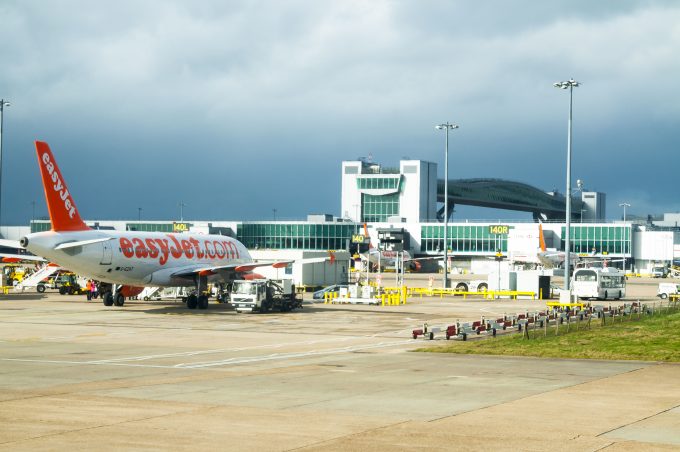Logistics players must accept the risks of indirect representation
Logistics operators must take the risks associated with indirect representation in the post-Brexit environment. Speaking to ...

London Gatwick Airport yesterday put its case for another runway, but failed to set out its air cargo credentials. It also accused the Airports Commission of using flawed figures in its research.
CFO Nick Dunn, speaking at Westminster Energy, Environment & Transport Forum, claimed that a second, “cheaper”, runway at Gatwick would bring identical economic benefits to a third runway at Heathrow.
He claimed that the figures were ignored by the Airports Commission, due to flawed methodology revealed by a Freedom of Information request.
However, he failed to put the case for freight.
Responding to a question from BIFA’s Mike Jones on how Gatwick could provide a viable cargo operation, he merely claimed that freight would “come with connections”.
He said: “An expanded Gatwick can expect freight to increase. But Heathrow will remain a viable business and will continue to carry cargo.”
He added that major exports such as Scottish salmon could fly from Edinburgh instead of Heathrow, under a plan which would see all of the UK’s airports boosted.
Heathrow CEO John Holland-Kaye, who has put a new focus on cargo at the capacity-constrained airport, emphasised that Heathrow handled more freight by value on a bank holiday weekend than Gatwick did in a year.
While Heathrow’s cargo infrastructure is far from perfect, the airport is working with the industry clustered around the airport to improve processes.
Much of the argument at the forum was around whether hub airports were still relevant. Gatwick’s Mr Dunn argued that the UK shouldn’t try to fight existing hubs.
“Middle Eastern airports have a distinct advantage. So why choose to compete in a market that has already moved on?”
He added that new aircraft technology meant that direct flights were more available than before, and that transfer traffic offered no economic benefit to the country it passed through – an argument which has, however, been shown to be a “fallacy”.
And post-Brexit, the idea that the UK should not try to compete is less attractive, argued Mr Holland-Kaye.
“It is more essential than ever that we create trading links to the growing markets of the world – and that we control our own trade routes.”
He added: “As a hub, we pool demand from across the whole of the UK and Europe. As such, we can support regular, year-round flights to long-haul emerging markets that just cannot be supported from point-to-point airports.
“We can do this because of cargo, and because of transfer passengers.”
He continued: “You may hear people say that disruptive new technology makes a hub irrelevant. Not so. Hubs around the world are growing – and not just in aviation. The great technology disrupters – Google, Amazon, even the cloud – all use the hub and spoke model to be efficient.
“And that lack of capacity increasingly means that British exporters have to go through foreign hubs to get to world markets, which adds time and cost – putting them at a competitive disadvantage and handing control of Britain’s supply routes to our competitors.”
Other speakers called on the government to stop delaying the decision on airport expansion.
Comment on this article